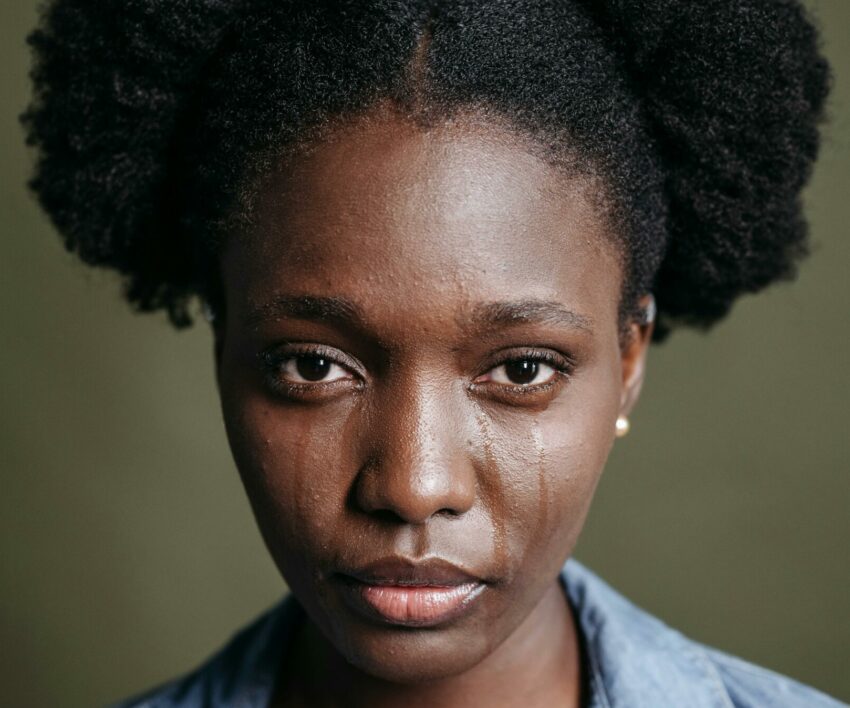
Certain life experiences will forever be embedded in our heads, the good and the bad. The reason for them being imprinted in us is how life changed after the experience.
In the case of bad or traumatic experiences, the only thing you try to do after the encounter is to forget it ever happened. However, what if you went through this particular experience but did not realise that it actually traumatised you? This means you will not see the need to resolve or confront it and therefore will continue with life and maybe even forget about it until it resurfaces a while later and haunts you.
At this point, you will have to reflect and acknowledge how you felt during the occurrence, and what kind of reaction you have towards things that remind you of it. This way you would have completed the first step of acknowledging that you were traumatised.
The health publication, Choosing Therapy states that unresolved trauma affects life, relationships, and work performance. It is said that it leads to hypersensitivity, emotional numbness, and cognitive disruption, causing interpersonal disputes, trust issues, and difficulty staying focused, limiting opportunities for success and personal development.
The following step after acknowledging the trauma is to deal with it. Several psychological experts suggest tips on how to go about this.
Tell your story: According to the New Outlook Recovery Services, it is important to share your story with trusted loved ones and even write your experiences in a diary or journal.
The publication states that by doing so “You may discover the connections between what’s happening now in your life and what you carry with you from the past. It is further suggested that when you start to realise that you are being triggered, step away from the emotional response and discuss the situation without blame.
Feel your feelings: The above-mentioned source further advises that you feel your emotions, don’t ignore them, acknowledge and label them. “Feel the sadness. Feel the anger. Become aware of where the feeling is in your body—in your throat? In your heart? Your emotions then can serve you as information guides moving you towards healing.”
Prioritise self-care: “Self-care includes activities that help you recharge, unwind, relax, or feel better about yourself,” states Choosing Therapy. According to the source at hand, operating at your best makes healing from unresolved trauma simpler.
The Golden Gate Recover publication suggested the following therapy treatments;
Cognitive behavioural therapy: This type of therapy, according to the publication, assists in changing one’s negative thought patterns to constructive ones. “It is a form of talk therapy and is usually combined with exposure therapy,” says the publication.
Eye movement desensitization and reprocessing: The publication claims that this technique tries to facilitate a person’s access to memories and traumatic events. It is said to help patients modify how they respond to certain experiences.
Exposure therapy: This strategy is said to help you fight traumatic events and nightmares.
Also see: Children exposed to trauma and violence threaten their adulthood




